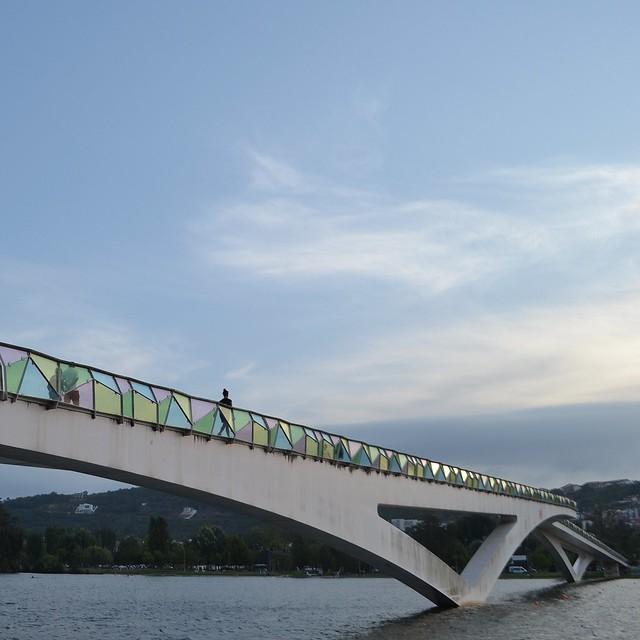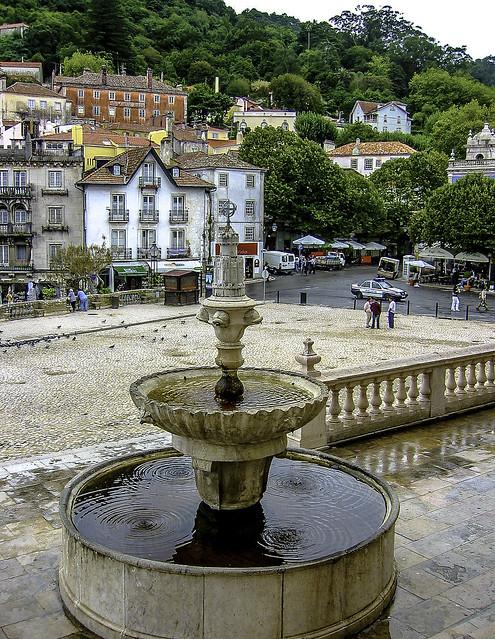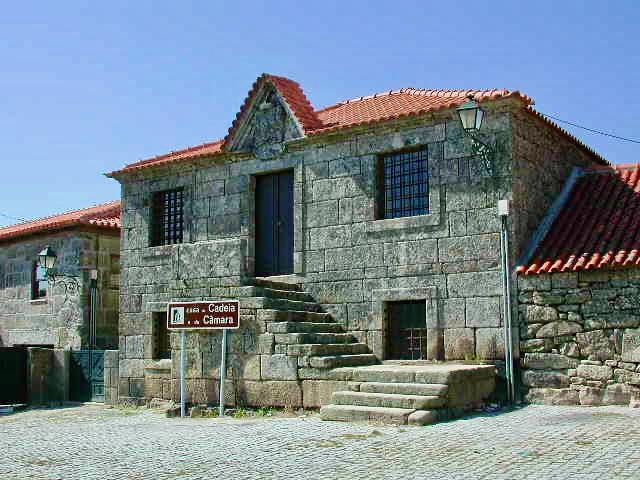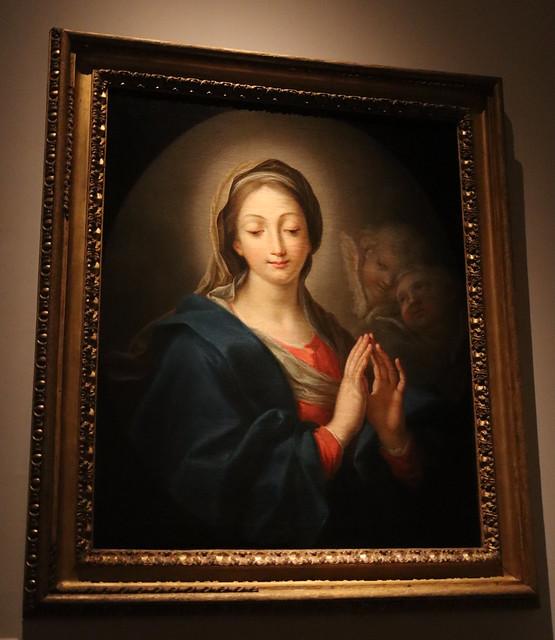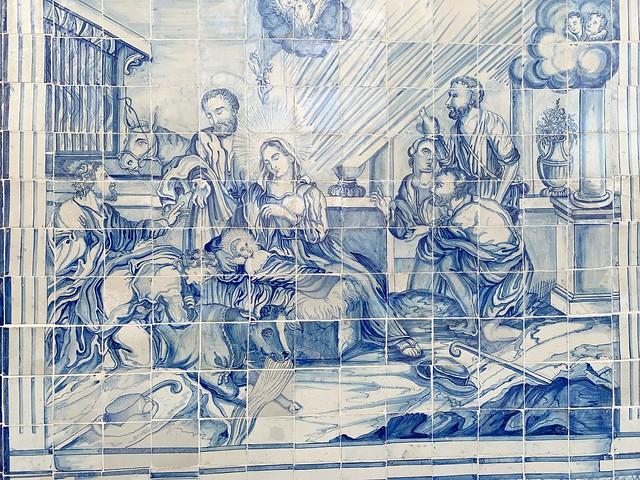Cabeça Gorda
Overview
Cultural Heritage
Cabeça Gorda, a quaint village nestled in the Beja district of Portugal, is rich in cultural heritage that reflects the traditions of Alentejo. The town is characterized by its whitewashed houses adorned with colorful flowers, creating a charming and picturesque atmosphere. As you stroll through the narrow streets, you’ll encounter friendly locals who are often eager to share stories of their ancestors and the village’s history. The community is vibrant, with traditional music and dance playing an essential role in local festivities, particularly during the annual fairs and religious celebrations.
Historical Significance
The historical significance of Cabeça Gorda is profound, as it showcases a blend of Moorish and Portuguese influences. The remnants of ancient architecture reveal the strategic importance of the region during the Reconquista. The village is home to several historical sites, including a small chapel that dates back to the 16th century, where visitors can admire intricate azulejos (ceramic tiles) that depict religious scenes. The surrounding landscape, dotted with archaeological finds, tells stories of bygone eras, making it a fascinating destination for history enthusiasts.
Natural Beauty and Atmosphere
The natural beauty surrounding Cabeça Gorda is breathtaking, with rolling hills, verdant vineyards, and olive groves stretching as far as the eye can see. The Alentejo region is known for its serene landscapes and tranquil atmosphere, making it ideal for outdoor activities such as hiking, birdwatching, and cycling. As you explore the countryside, you may stumble upon hidden gems like small farms, where you can taste local produce and artisanal cheeses. The pace of life is slow here, allowing visitors to immerse themselves fully in the peaceful ambiance.
Local Characteristics
One of Cabeça Gorda’s unique characteristics is its commitment to preserving traditional Alentejan cuisine. The village is famous for its hearty dishes, such as açorda (bread soup) and migas (fried bread crumbs), often prepared with local ingredients like garlic, olive oil, and fresh herbs. Dining in Cabeça Gorda is a communal experience, with family-run taverns welcoming visitors to enjoy a meal alongside locals. Additionally, the village hosts several festivals throughout the year, where the community comes together to celebrate with music, dancing, and, of course, delectable food.
Artisan Crafts
Cabeça Gorda is also a hub for artisan crafts, particularly pottery and weaving. Local artisans take pride in their craftsmanship, creating beautiful handmade items that reflect the region's cultural identity. Visitors can explore workshops and galleries, where they can watch artisans at work and purchase unique souvenirs. This dedication to preserving traditional crafts enriches the village's character and provides travelers with a tangible connection to its heritage.
Accessibility and Local Amenities
The village is easily accessible from the city of Beja, making it a perfect day trip for travelers exploring the Alentejo region. Local amenities include small shops and markets that offer fresh produce, handmade goods, and regional specialties. Accommodations range from cozy guesthouses to charming bed and breakfasts, providing a warm welcome for those looking to stay and experience the village’s tranquil lifestyle. With its blend of history, culture, and natural beauty, Cabeça Gorda invites travelers to discover an authentic side of Portugal that is often overlooked.
Other towns or cities you may like in Portugal
Explore other cities that share similar charm and attractions.


